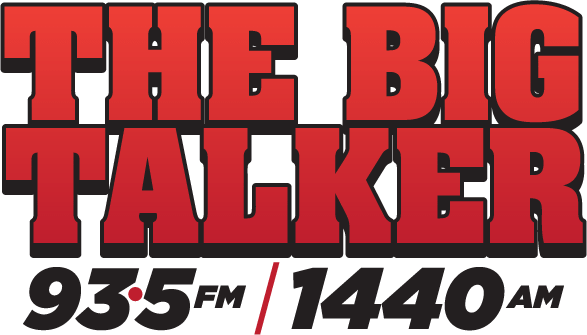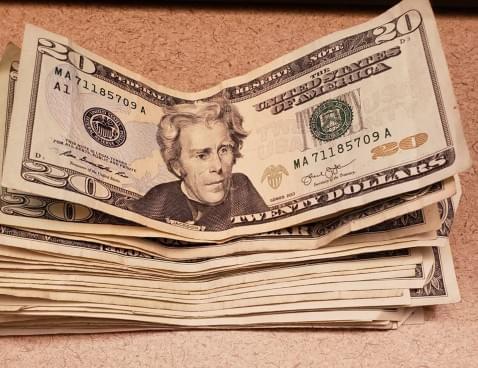***This Article Is Informational Only***
The Trump administration’s new payroll tax deferral went into effect on Sept. 1st. Here’s what it means for you and your paycheck.
Last month, Trump issued an executive order for a ‘tax holiady’, allowing companies to stop withholding taxes from employee paychecks starting Sept. 1st. This means that in the short-term, workers would keep more money in each paycheck.
However, those taxes will still be due April 1st of next year. While the Trump administration has looked into the possibility of waiving those taxes, that’s not guaranteed – only Congress has the power to waive tax payments. And the IRS has already said that workers will still need to pay their taxes in April.
Companies have the choice of whether to opt in to the deferral, so your paycheck might not change at all depending on what your employer decides. Workers with deferred taxes might find even more money withheld starting in January to make up for the gap.
Would you rather keep more of your paycheck now and pay a larger tax bill in April, or keep things the way they are? What are the chances the federal government ends up waiving the taxes entirely?








